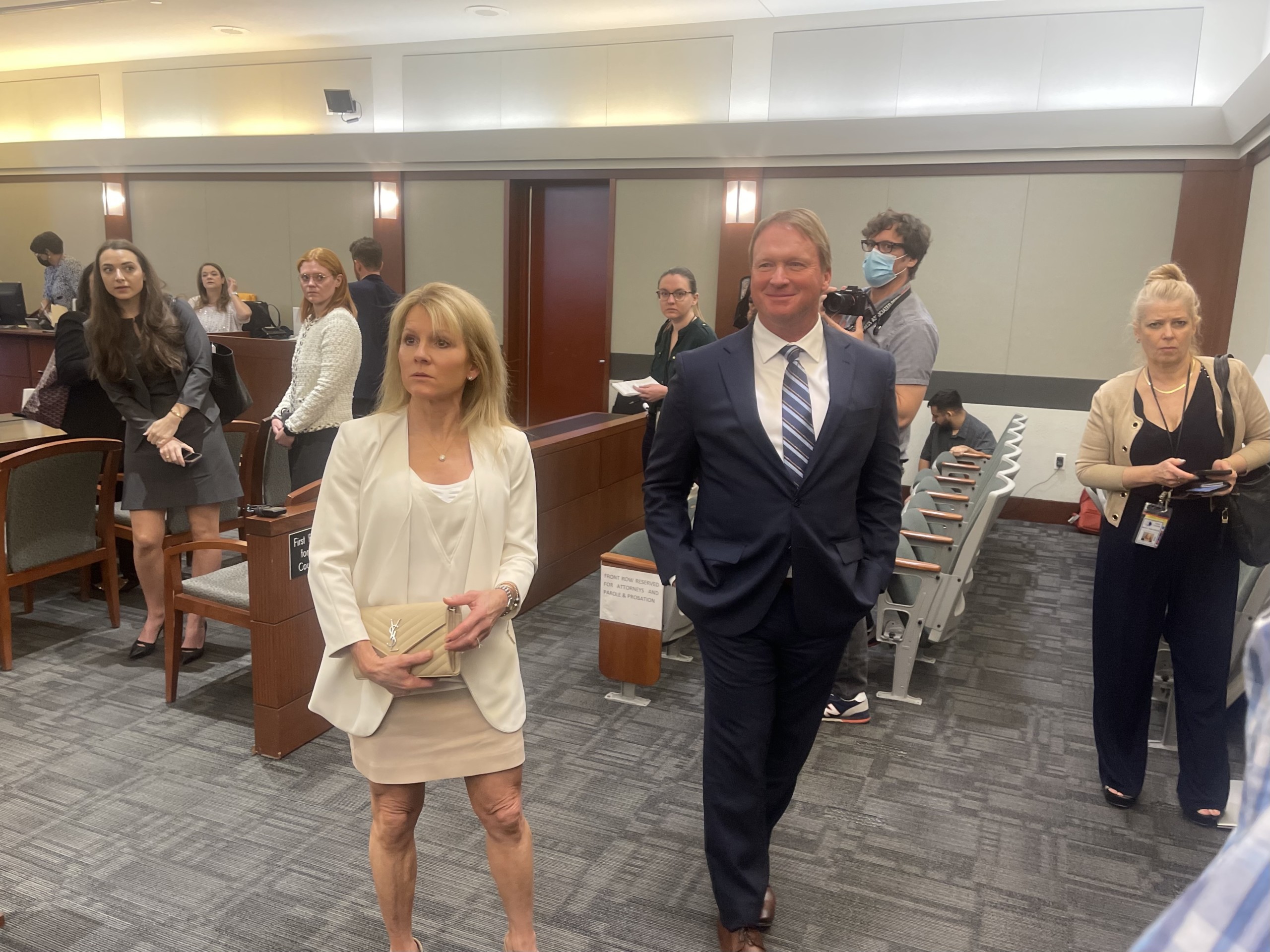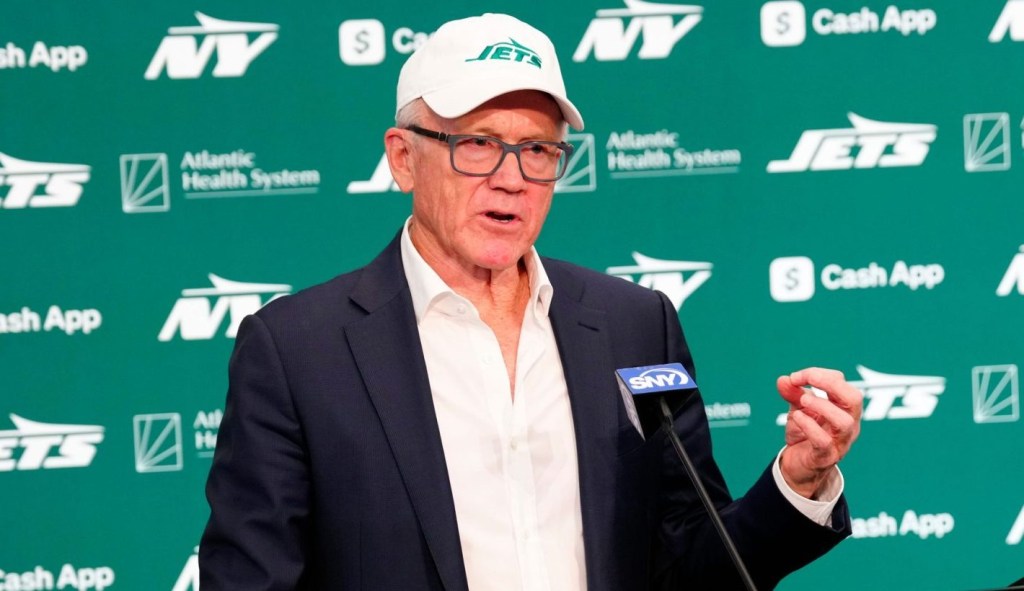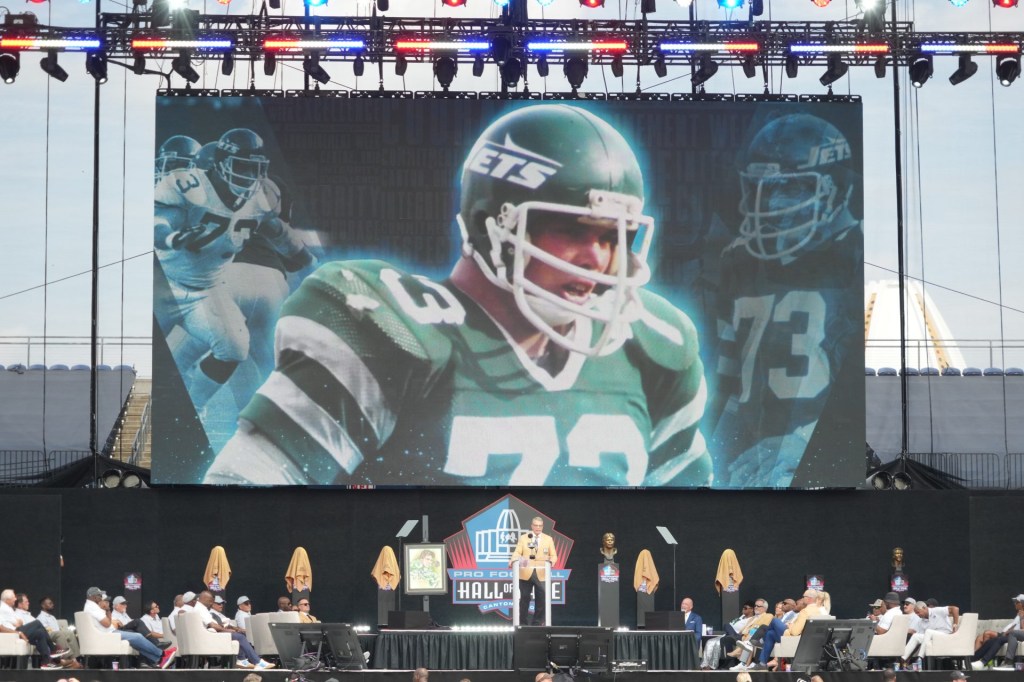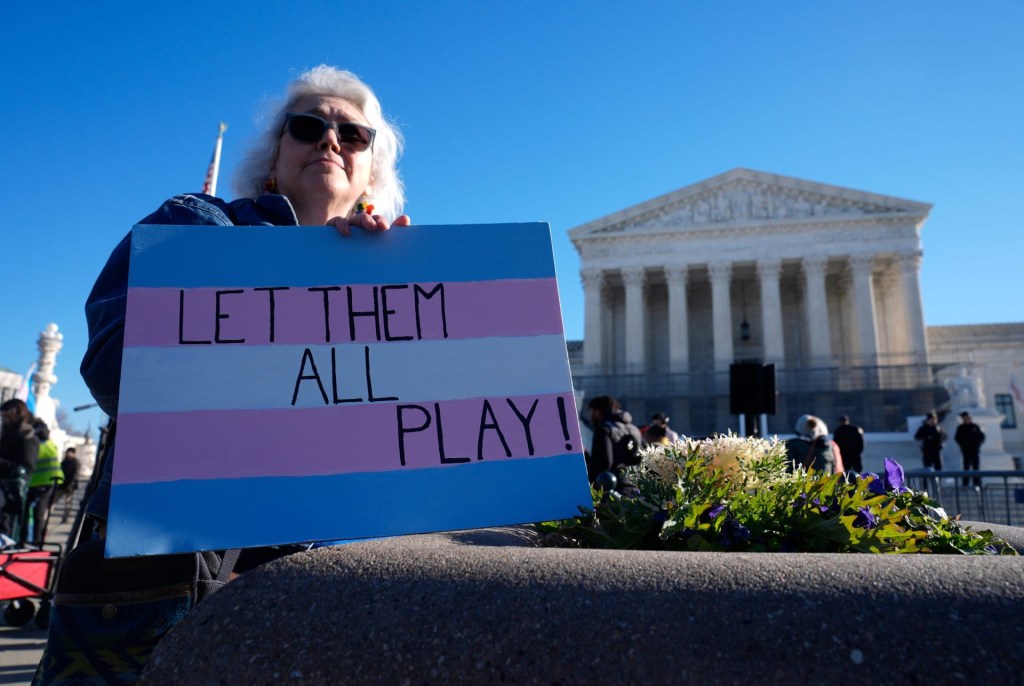LAS VEGAS — Former Las Vegas Raiders coach Jon Gruden grinned as he exited a Clark County courtroom Wednesday, moments after securing two major victories that will allow his lawsuit against the NFL to proceed.
District Court Judge Nancy Allf denied the NFL’s motions to dismiss the case and another that would have shifted the dispute into arbitration during the 90-minute hearing.
Allf’s rulings mean not only will the case remain in this Nevada court, but it also sets the stage for discovery where Gruden’s legal team could get access to who was behind the leak of the racist, sexist, and homophobic emails that led to his resignation in October.
“We are going to let the process take care of itself,” Gruden said outside the courtroom flanked by his wife, Cindy. “Good luck to the Raiders. Go Raiders. I don’t have anything [else] to comment on. This process will take care of itself. It’s good to be back in Vegas. I am going to see friends tonight.”
The NFL issued the following statement to Front Office Sports following the hearing:
“We believe Coach Gruden’s claims should have been compelled to arbitration, and we will file an appeal of the Court’s determination. The Court’s denial of our motion to dismiss is not a determination on the merits of Coach Gruden’s lawsuit, which, as we have said from the outset, lacks a basis in law and fact and proceeds from a false premise — neither the NFL nor the Commissioner leaked Coach Gruden’s offensive emails.”
Gruden sued the NFL in November, claiming the league and Commissioner Roger Goodell were behind “a malicious and orchestrated campaign” to leak the emails exchanged with former Commanders executive Bruce Allen between 2010 and 2018.
Gruden was an analyst at ESPN at the time of the exchanges, something Allf noted before making her first ruling.
“When Jon Gruden entered into the richest contact in NFL history, he agreed to broad arbitration provisions that cover all disputes arising out of the employment agreement or involving conduct detrimental to the league,” NFL’s lead outside attorney Kannon Shanmugam said in court. “Gruden’s claims stem from his resignation [after] the publication of racist, sexist, and homophobic emails that he wrote and broadly circulated, and those claims are subject to arbitration.”
“The emails were sent before he signed the contract [to become the Raiders’ head coach],” Allf interjected.
Minutes later, Allf denied the motion to move the case to arbitration. She told the court that Gruden’s contract as coach of the Raiders “as drafted [is] not subject to arbitration.”
Later in the hearing, Allf denied the NFL’s request to dismiss the case.
“Frankly, at this point, I don’t think the defendant has enough [to warrant a dismissal,” Allf said.
Gruden’s lead attorney, Adam Hosmer-Henner, and Shanmugam, declined comment after the hearing’s conclusion.
While the legal fight is hardly over with the NFL signaling it will head to a Nevada’s appeals court, it could have wide implications — especially if the case gets to the discovery stage.
In past cases, the NFL has fought to keep sensitive financial information and correspondence — like the cache of 650,000 Commanders emails the Gruden emails were culled from — out of the public eye.
In November, the NFL avoided a trial in a civil case filed by St. Louis, St. Louis County, and the St. Louis Regional Convention and Sports Complex Authority over the Rams’ relocation to Los Angeles for a record price tag of $790 million.
Sources told FOS at the time, one of the major factors the league did so was to avoid information from becoming public at trial.
The discovery process could also put more pressure on Commanders owner Dan Snyder.
“Those emails were deemed so confidential that they refused to release them despite Congress’ request,” Hosmer-Henner said during the hearing.
The House Oversight Committee launched an investigation into the Commanders over hostile workplace allegations days after Gruden’s resignation.
While the NFL has turned over more than 200,000 pages of documents, none of those documents include the 650,000 emails obtained as part of an outside investigation of the team led by former assistant U.S. Attorney Beth Wilkinson. Wilkinson wrapped up her investigation of the Commanders last July and the team was fined $10 million, but no written report of the probe was generated.

















